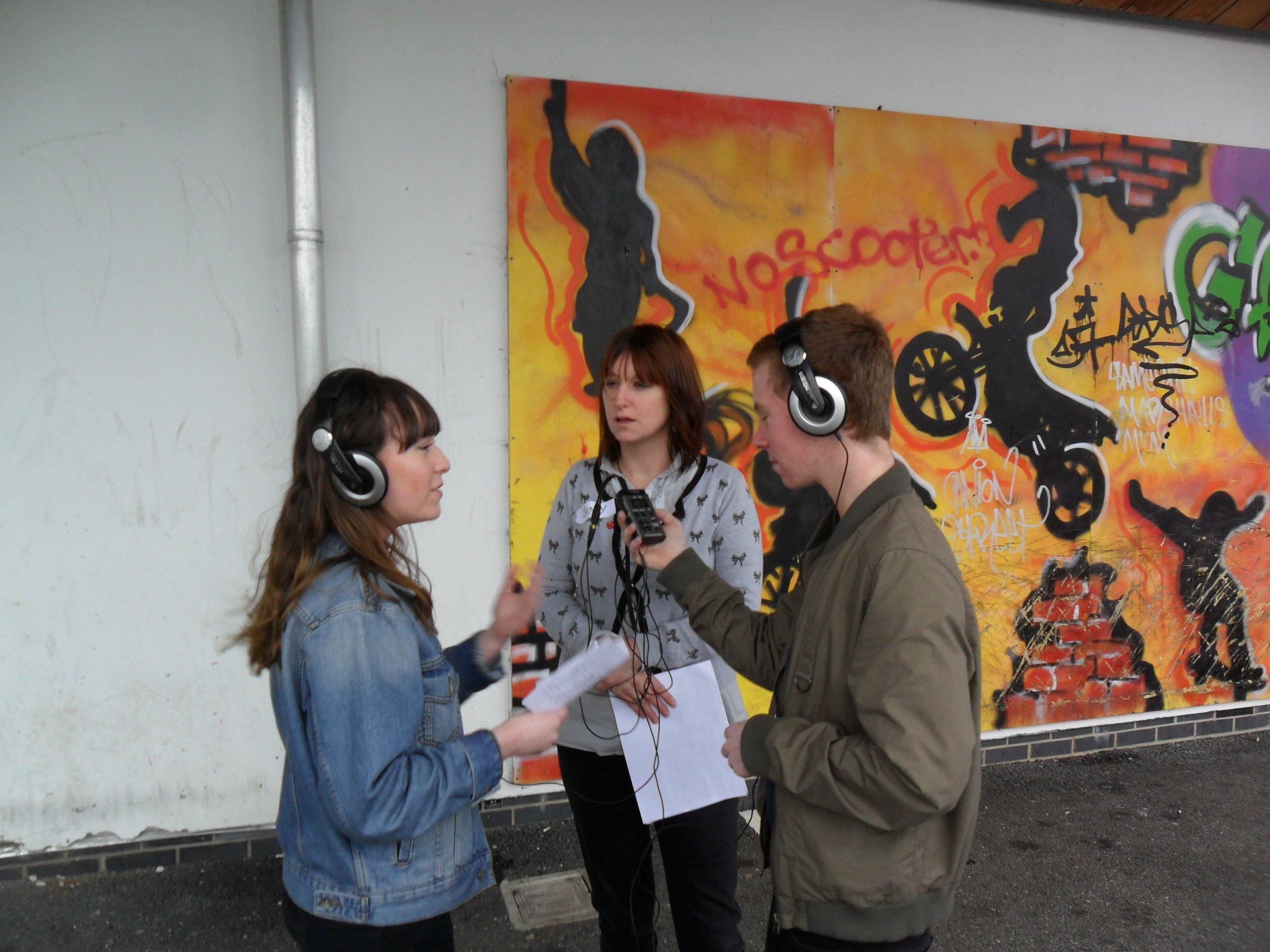
Case Study: South Devon College
BY: Alan Lynch
05 Sep 2018
Michael delivers Arts Award as part of the alternative provision at South Devon College. For this project, students came from two “non-mainstream” groups. The first group were young people who had been excluded from mainstream school, several of whom had emotional behavioural difficulties, and were attending alternative provision full time. The second group were primarily home educated young people with various social and emotional needs.
Michael received a grant from the Arts Award Access Fund as well as additional funding from Arts Council England and the Real Ideas Organisation to support the group.
Approach
The small group was heavily supported by staff to create a safe and nurturing environment to balance the differing needs of the group, and develop art form skills, as well as confidence and self-esteem. For Part A: explore the arts as a participant, young people accessed a range of arts activities including visual arts, pottery, stencilling and recording a music show for radio. For Part B: explore the arts as an audience member, members of the group attended a cinema festival, audio-installations and exhibitions, including at the Exeter Museum where some of the young people also found their Part C: arts inspiration. They shared their reviews of the cinema festival on the Into Film FILMCLUB website. The group demonstrated to each other the techniques they had learnt in different art forms for Part D: arts skills share.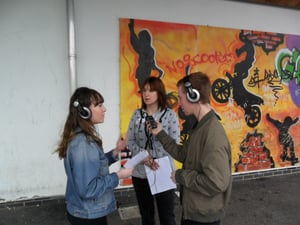
Portfolios were a mixture of Bronze logbooks and ‘bespoke’ personal activity workbooks. The radio workshops also gave students the opportunity to record and edit a review of their whole Arts Award experience and the areas in which they had developed skills. This enabled students to keep down the amount of written work they had to produce, and free up time to enjoy the practical activities.
Impact
All students have demonstrated not only new skills but improved in confidence, social skills and self-esteem. They completed an internal review of the course and the response was phenomenal, with amazing feedback from all participants. Young people explained how their attendance, social skills and confidence all increased, and how they developed new skills. Some of the previously excluded learners were accepted on arts related FE courses. Tutors from others departments have expressed a wish to follow the model recognising the advantages and appeal of the structure.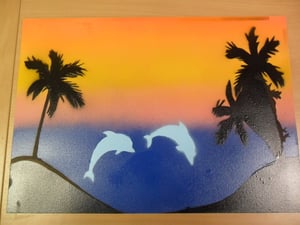
‘The majority of young people are highly creative as imagination and creativity are driving forces in youth... The Arts Award programme enabled young people to re-engage with their creativity in an easy, warm and comfortable environment where they feel they would not be frowned/laughed at for expressing views and ideas... We recognise people's ideas and abilities, supporting them along their way, giving them affirmation and confidence through acknowledging their achievements. The Arts Award has opened windows for people who would not normally access the arts and shown these young people it’s OK to dream, imagine and try new things.’ - Michael Hurley, Arts Award adviser
Related posts
BY: Guest Writer
BY: Alan Lynch


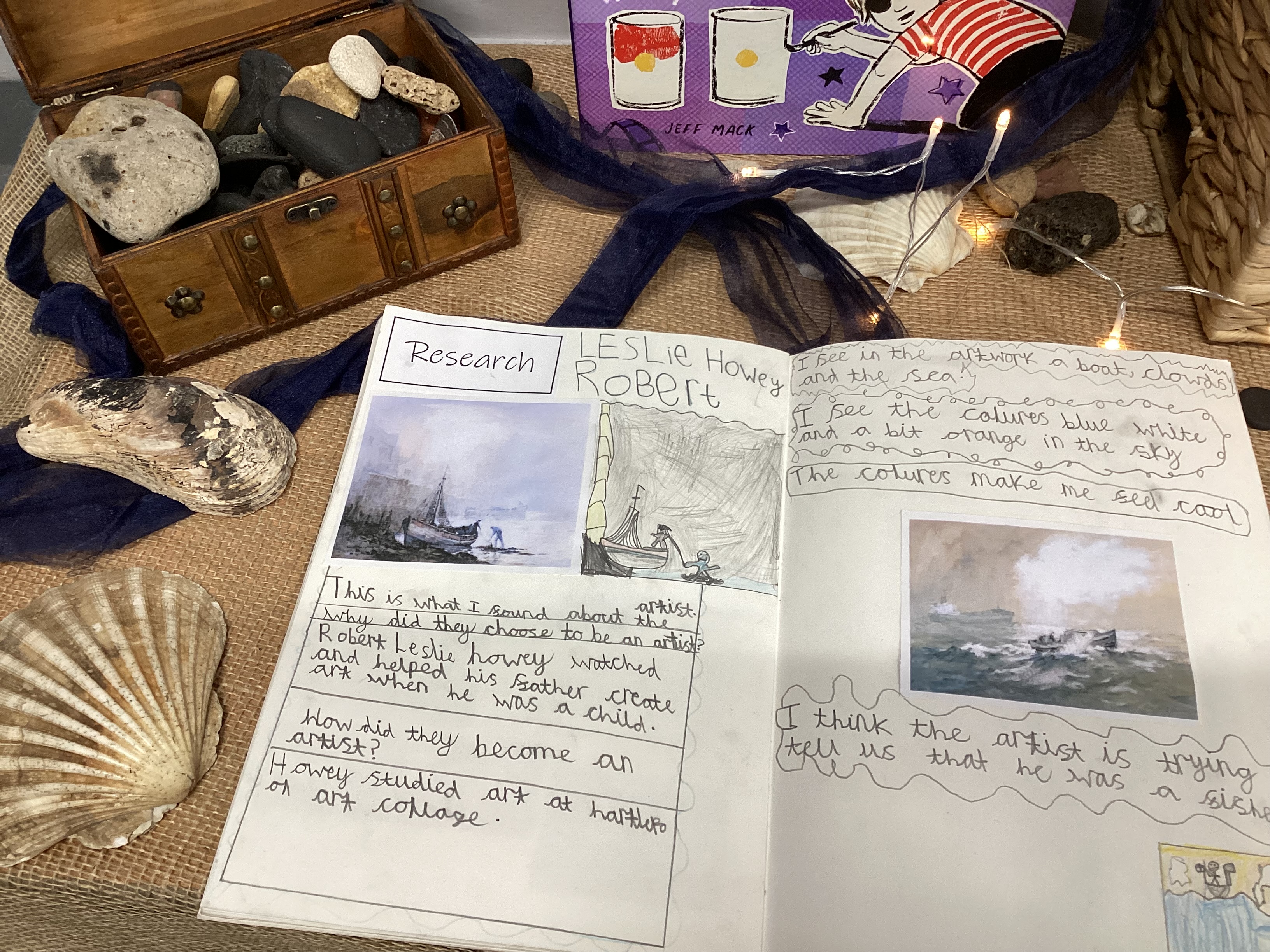
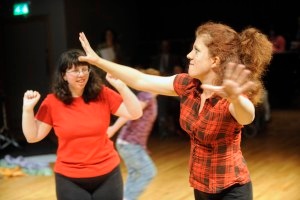
Comments & Replies